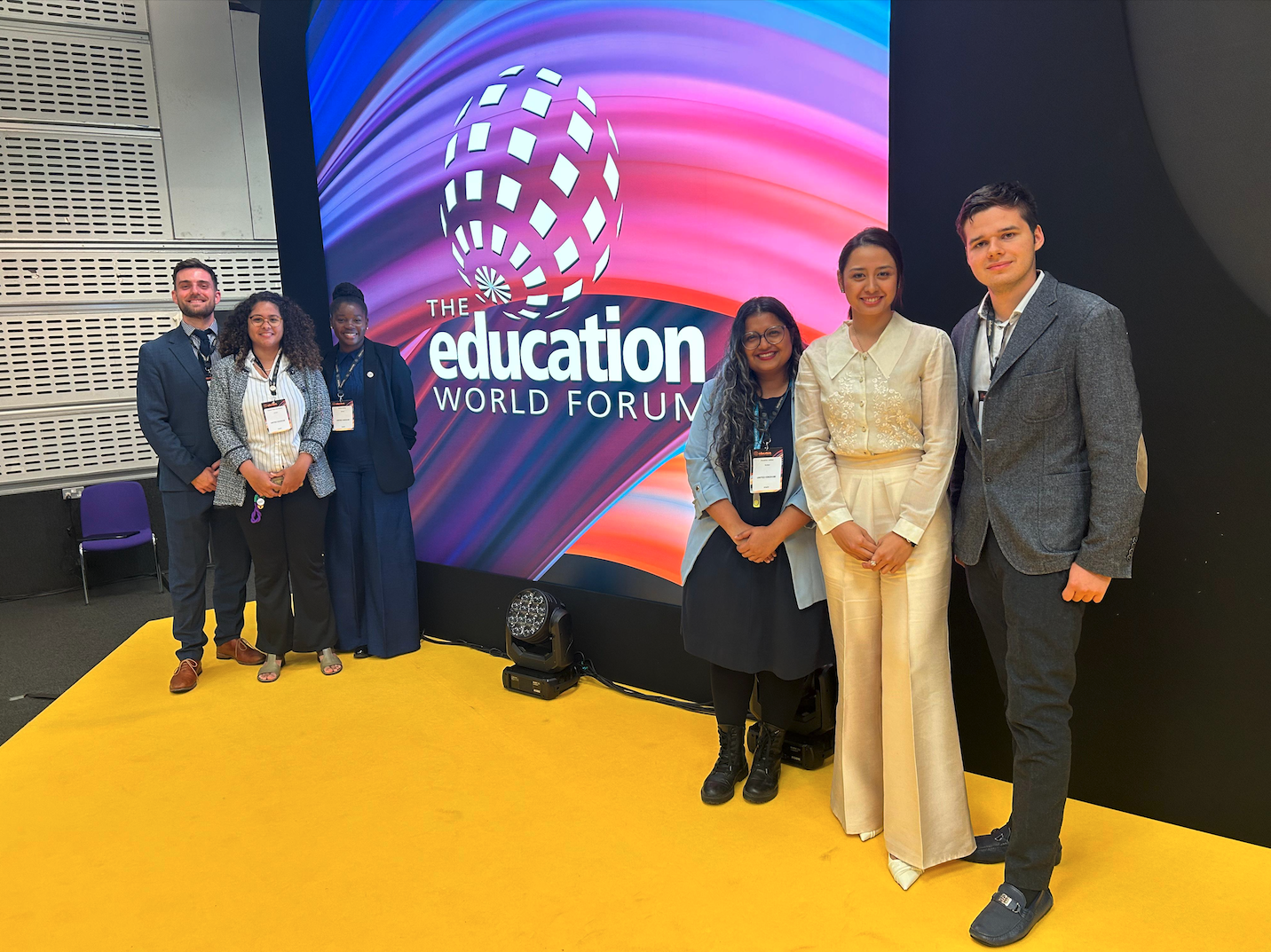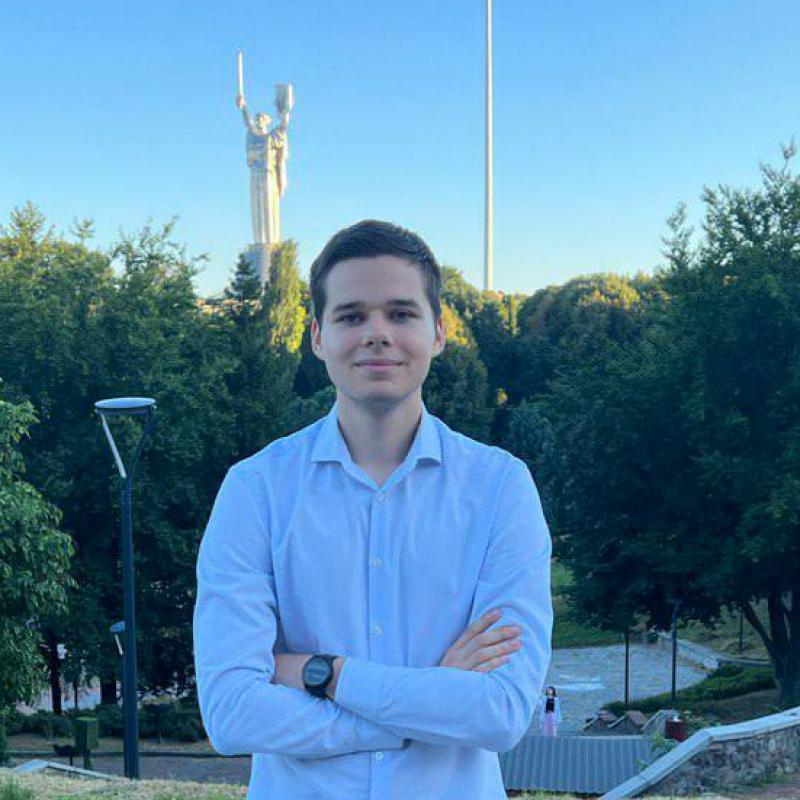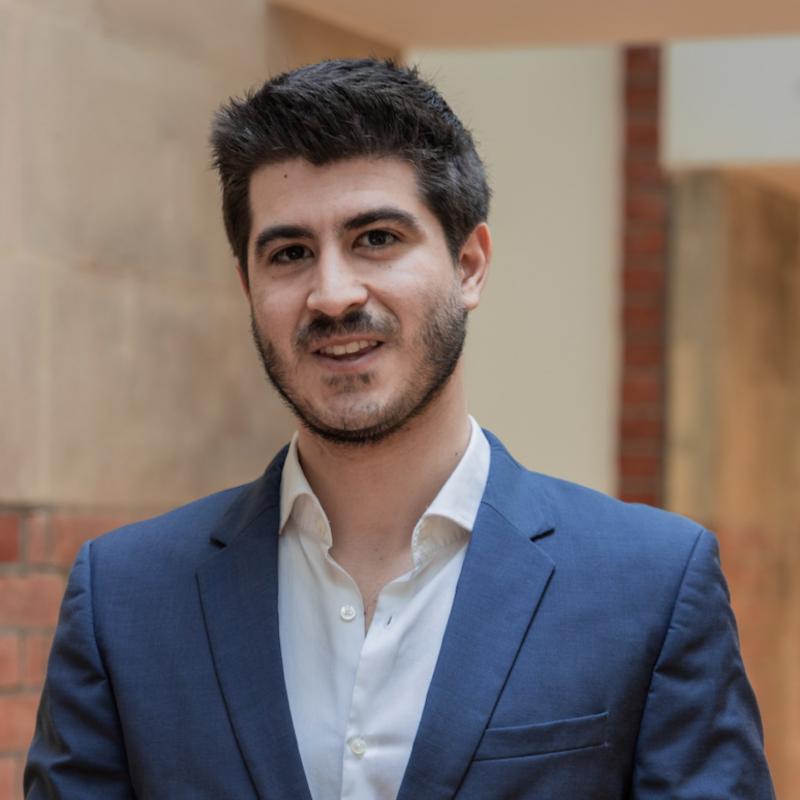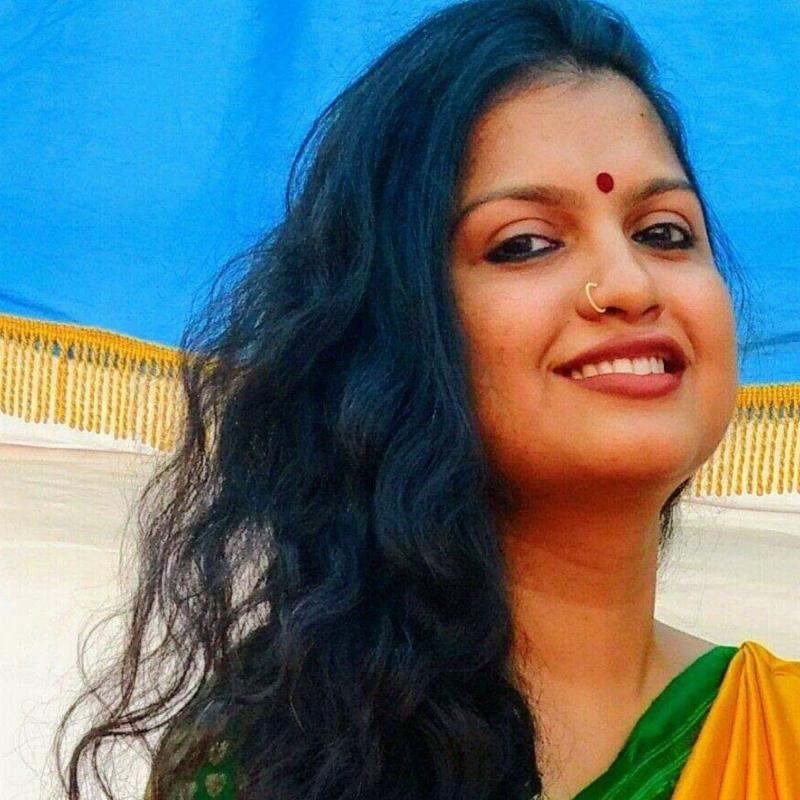How we participated in the Education World Forum – and hosted global education leaders at the Blavatnik School of Government
The Education World Forum is one of the most prestigious events in the field of education policy, drawing leaders, experts, and practitioners from around the globe. This year, a group of Master of Public Policy students from the School representing all the continents had the opportunity to attend this landmark event and also host a series of insightful discussions with prominent education leaders at the School. Three of these students share their reflections and experiences.

Experiencing the Education World Forum – Erik Kucherenko
What is it like to work on the margins of a high-level summit featuring over a hundred ministers, and educations experts from international and non-governmental organisations? I, along with five other MPP students, had the opportunity to experience it first-hand by participating in the EWF, the largest summit on education policy in the world.
This year, the Forum’s main topics were understanding the role of artificial intelligence in education and harnessing education to promote climate action but the discussions went far beyond these topics. When we finally made it to the Queen Elizabeth II Centre in London, we found ourselves in the midst of a whirlwind of informed policy debates, exchanges of best practices, case studies, and rich intellectual debates into the ways to promote academic performance and achieve the goals that set for education in our society.
Throughout the day we had an opportunity to interview delegates from over 10 countries. I spoke with Ivo Gomes, mayor of the northern Brazilian town of Sobral. Despite significant poverty, the municipality has achieved phenomenal results in reforming the school system and improving academic performance, ranking first among thousands of Brazilian municipalities. In our interview, we delved into the ingredients of this success: the importance of the apolitical selection of staff, constant diagnostic assessments, engagement of parents, and teacher training.
These discussions enriched our knowledge and understanding of latest trends and empowered us to pursue excellence in studying and designing interventions in education policy.
Hosting education leaders at the Blavatnik School of Government – Mauricio Escribens
The day after the Forum, senior education leaders arrived at the School for a strategic discussion on global evidence uptake. This was followed by a lecture on ‘What Works to Improve Education in Low- and Middle-Income'’ by Noam Angrist, Academic Director of the What Works Hub for Global Education, with guest speakers Luis Benveniste, Global Director for Education at the World Bank, and Martin Benavides, Former Minister of Education of Peru. They drew on personal experiences with education evidence, explaining, for example, how traditional pedagogical practices in Peruvian rural schools intuitively resemble the international ’best practice’ of teaching at the right level.
The speakers were joined by senior delegates from the Pakistani government in a series of informal fireside chats as they shared their career journeys. Besides hearing about the daily activities, goals and career paths to join each institution, this session became a personal highlight for the MPPs, as they were able to discuss trade-offs when leading substantial reforms and heard success stories on collaboration with governments to improve educational outcomes, from contributing to gender equality legislation to establishing sustainable centres of excellence in African universities.
Our final session of the day was a panel on ‘Education, Evidence, and Data for Policymaking’. Luis Benveniste, Martín Benavides, Ehtesham Anwar, Director General, Agency for Barani Areas Development, and Shahid Soroya, Director General of the Pakistan Institute of Education, had a conversation with Calum Miller focusing on how their organisations navigate the complex world of leveraging robust evidence and data to steer education policies and interventions. They delved into the research approaches to close the gap between academia and policymaking, the tools that actually get results for their respective organisations, how they have cultivated cultures of evidence-based decision-making, and the importance of ensuring that evidence translates to policies that fit local contexts.
Reflections from a memorable experience at the Education World Forum – Anushka Jadhav
It was surreal to support and be a part of the EWF in London. The event provided an incredible platform for dialogue with governments, policymakers and other key stakeholders in education from around the world. Our decision to host an Oxford education day after the EWF was twofold. First, we wanted to bring some of these conversations back home to our colleagues and share them with a wider audience. Second, we wanted to engage more deeply in the contemporary discourse on education with those who are instrumental in shaping it.
Splitting the programming of the day into structured panel discussions, semi-structured and small-group fireside chats with individual guests, and unstructured and free flowing conversations over lunch was our way of intentionally creating spaces for different kinds of conversations to emerge.
A particular conversation on evidence in education that stayed with me was from Luis Benveniste from the World Bank, who spoke of the need to be agile to keep up with the evolving insights that evidence in education to familiarise ourselves with the challenges and opportunities in the sector.
Final Thoughts
Reflecting on our experience, Mauricio Escribens said, “Being part of the EWF and our Oxford education day was one of the highlights of our time at the School so far. We had privileged access to the most senior representatives in the field and the opportunity to have honest debates around our future careers as policymakers and the ups and downs of harnessing evidence to make a real difference.”



